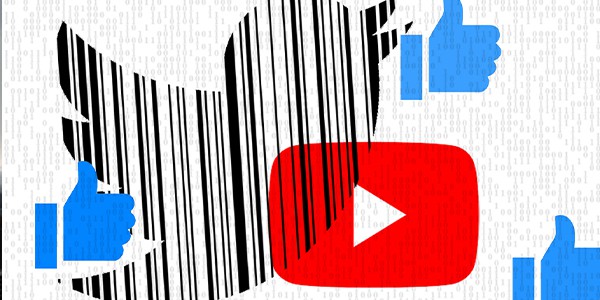Nathan Gardels is the editor-in-chief of Noema Magazine.
Sometimes an analogy to something old yields an insight into something new. That is the case with the idea of “data as labor,” promoted by Glen Weyl and Matt Prewitt of RadicalxChange.
For these innovative minds, data is for the digital age what labor was for the industrial era. It is, as Karl Marx put it, the “form forging fire” that creates value through production. In order to capture a fair share of that value and set the terms of work, laborers organized into unions that could bargain with those who owned the means of production. So too, they argue, all of us who generate value through our shared data should organize into “data cooperatives” as bargaining units to capture our share of the value we produce and set the terms of its use by the big platforms that, for now, control and exploit our personal data to their immense profit.
On our own as individuals, we each have little power, and can reap slim value. But by joining together to create a countervailing institution to the great information trusts like Facebook or Google, we can set the terms of privacy, as well as sell or lease our data to them as we see fit, instead of simply trading all that away with a click in return for free access to their platforms.
As during the heady days of the labor movement, there will be skirmishes and dramatic confrontations ahead. For everyone to take back control of their data would hit at the heart of the big-tech business model, and they will be loathe to let go.
There are lots of issues to resolve. How will the collective value of data be distributed back to the individual user-producer? Should that captured value be invested in a kind of “sovereign data fund” from which all get dividends? Instead of selling or leasing data to the big platforms, might it be wiser, and in the end more equitable, for cooperatives themselves to own a share in the intellectual property itself?
Before such a system is put in place, don’t we need first to define data rights similar to the way performers own their tunes that play across multiple platforms? And to define data rights, both as privacy and as property, mustn’t everyone have a verifiable data ID? What is the value, and who controls it, when your data and my data overlap?
California, which hosts Silicon Valley, has already led the way by passing the nation’s most sweeping digital privacy legislation last year. The state’s governor, Gavin Newsom, called for a “data dividend” for citizens in his State of the State speech in February. And now a legislative task force is hard a work defining what that might mean, including along the lines suggested above.
The analogy of data as labor helps define the right questions in order to get the right answers. It marks a major turn in these still early moments of digital capitalism that these questions are on the table. And the momentum is building.




